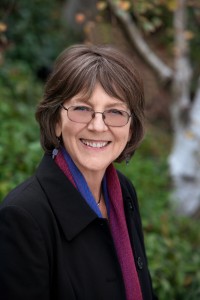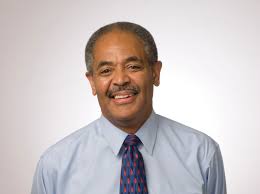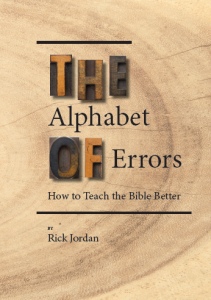These days, I am seeing a lot of lists related to racism. “10 things to watch to educate yourself about systemic racism.” “Seven books you must read.” And even, “75 Things White People Can Do for Racial Justice.” I am finding most of these lists helpful.

Marilyn McEntyre (I posted her interview last week) suggests that we take time to reflect on lists that we create for ourselves – the daily “boring” lists like a to-do list or a grocery list as well as “enriching” lists such as prayer lists and bucket lists. What do the items on this list tell me about my hopes and concerns? What items open to deeper concerns? What items bring me clarity about my life? In her book, Make a List: How a Simple Practice Can Change Our Lives and Open Our Hearts, she says,
When you make a list, if you stay with it and take it slowly, take it seriously but playfully, give yourself plenty of permission to put down whatever comes up, you begin to clarify your values, your concerns, the direction your life is taking, your relationship to your inner voice, your humor, your secrets. You discover the larger things that lists can reveal.
The Challenge
The Challenge
Here’s my challenge to you. Create three lists. Try this before you read my lists below.
1. Seven ways that I know that I know someone well.
2. Seven significant times that I have been with people who are different from me.
3. Seven persons who are different from me that I know well [as in the number 1 list].
My lists
I’ve taken a quick stab at them. What will be on your lists?
- Seven ways that I know that I know someone well
- I know their full name
- They have shared something in confidence with me
- I have shared something in confidence with them
- I know their family history
- We have open conversations about our faith, beliefs, or philosophy of life
- I know what makes them happy
- I know their pet peeves
- Seven significant times I have been with people who are different from me
- A summer roommate was a Roman Catholic – the first I’d ever met
- Hanging out with African-American musicians at NC Governor’s School
- Eating Christmas Eve dinner with Greek Orthodox Palestinians in Nazareth
- Going on first dates with girls
- Having a conversation with an atheist Jew at a Bed and Breakfast
- Having a Korean as my best friend for several years in college
- Conducting my son’s wedding as he married into a Canadian-Dutch family
- Seven persons who are different from me that I know well.
- ?
- ??
On reflection…
So, this is where I am embarrassed. I don’t know that many people in a “very well” way who are different from me. I know well a lot of white, middle-to-upper-class, middle-aged, well-educated, American, Christian male and female North Carolinians.
For example, although I know several persons who are African-American – persons that I know their names, that I’ve worked on projects with, that I meet with monthly, that I enjoy being with – persons that I greet with warm handshakes or hugs – I do not know them “well” as outlined in the first list above. The same could be said for persons of other ethnicities, languages, religions, and cultures.
Our country’s new emphasis on race relations is revealing to me is how poor I am and how much I have missed out on by having such a tight circle around my life. This is true for me personally, and I am realizing how important this is even in my study.

Brian Blount (my interview with him will be released this Thursday) says that we should begin our Biblical research with historical facts, literary techniques, the facts or best guesses of authorship, etc. Then, he says, “realize that you are not a neutral observer.”
That is to say, I bring my “whiteness” and my “Jordan-ness” and my “Baptist-ness” to every text. I can’t help it. And, I can’t help the inherent blind spots that come with those “-nesses.” However, I can work a little harder in my research to read and listen to persons who have unique observations from their lens that is shaped by their gender, ethnicity, family background, or nationality that is different from mine.
My life and my profession can be richer if I will step outside my circle.

